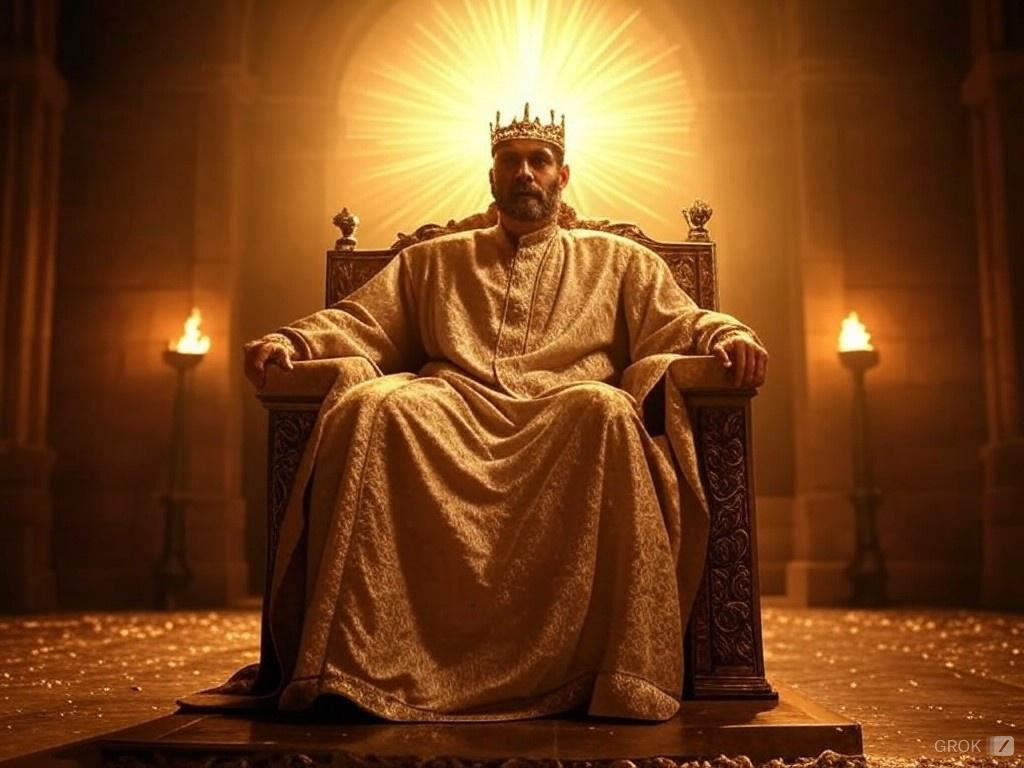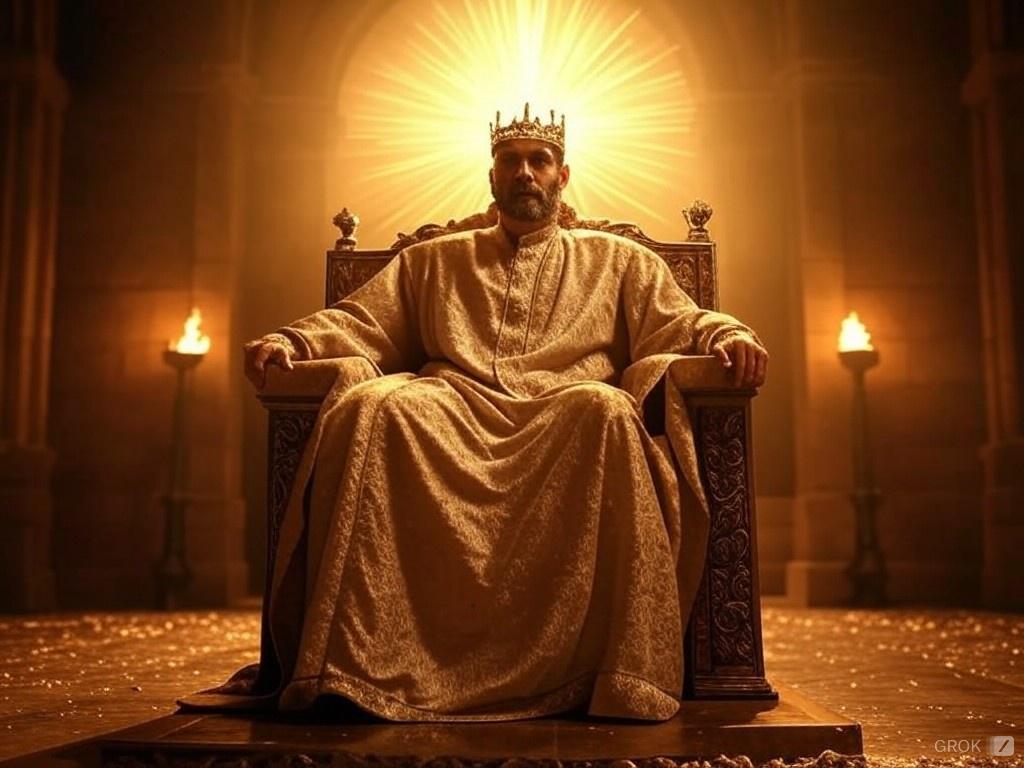Absolutely, the doctrine of divine right frequently went hand-in-hand with claims of absolute power by monarchs. Here's an exploration of this connection:
Divine Right and Absolute Power: The notion of divine right suggested that the monarch's authority came directly from God, thus making the king accountable only to God and not to the people or any earthly institution. This idea was used to justify absolute power, where the king could rule without being bound by a constitution or laws created by any legislative body.
Historical Examples:
Implications for Governance:
Philosophical and Political Opposition:
Legacy:
In summary, while the doctrine of divine right provided a theological justification for monarchical rule, it was often the practical claim to absolute power that defined the governance style of these kings, leading to significant political and social upheavals when these claims were challenged.

That's correct. The transition from monarchies where kings wielded absolute, divine-right-based power to those where the monarch was subject to the law largely occurred with the rise of secularism, constitutionalism, and democratic principles. Here's how this evolution unfolded:
Emergence of Constitutional Monarchy:
Secularization of State:
Legal and Institutional Changes:
Examples of Transition:
Impact of Public Opinion and Revolution:
Modern Constitutional Monarchies:
This evolution reflects a broader historical trend towards democracy, accountability, and the rule of law, where the personal power of monarchs is significantly reduced in favor of systems designed to ensure governance by and for the people.
